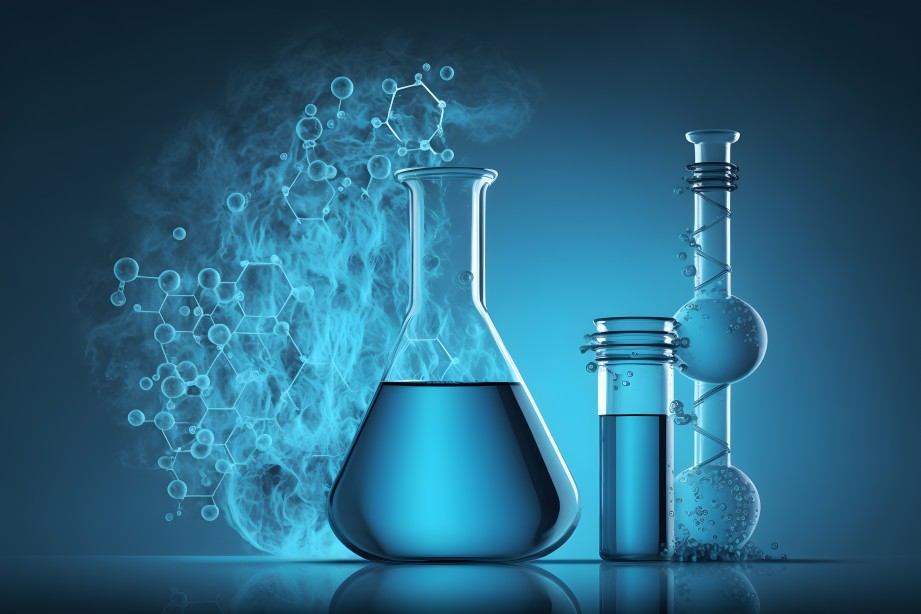PFAS compounds, known as “forever chemicals,” have been widely used for decades due to their exceptional chemical stability and resistance to water, fats, and heat. They are found in many everyday products—from non-stick cookware and waterproof clothing to food packaging and firefighting foams. However, the very properties that make them valuable in industry pose a serious problem when PFAS enter the environment. Their resistance to degradation leads to accumulation in water, soil, plants, animals, and humans, creating a long-lasting and significant challenge for ecosystems and human health.
In this lecture, we will explain the chemical nature of PFAS compounds, their industrial uses, and the reasons they have become a global environmental issue. Special focus will be placed on modern bioremediation approaches—the use of natural allies in the fight against these pollutants. We will present laboratory studies demonstrating how microorganisms isolated from long-term PFAS-contaminated environments can successfully transform these compounds. We will also discuss plants capable of accumulating PFAS in various tissues, opening possibilities for phytoremediation—cleaning contaminated areas using plants.
This lecture will show how microbiology, biotechnology, and green chemistry can work together to find sustainable solutions for one of the greatest environmental challenges of our time.
The lecture is free of charge and will take place in the Word Hall.
